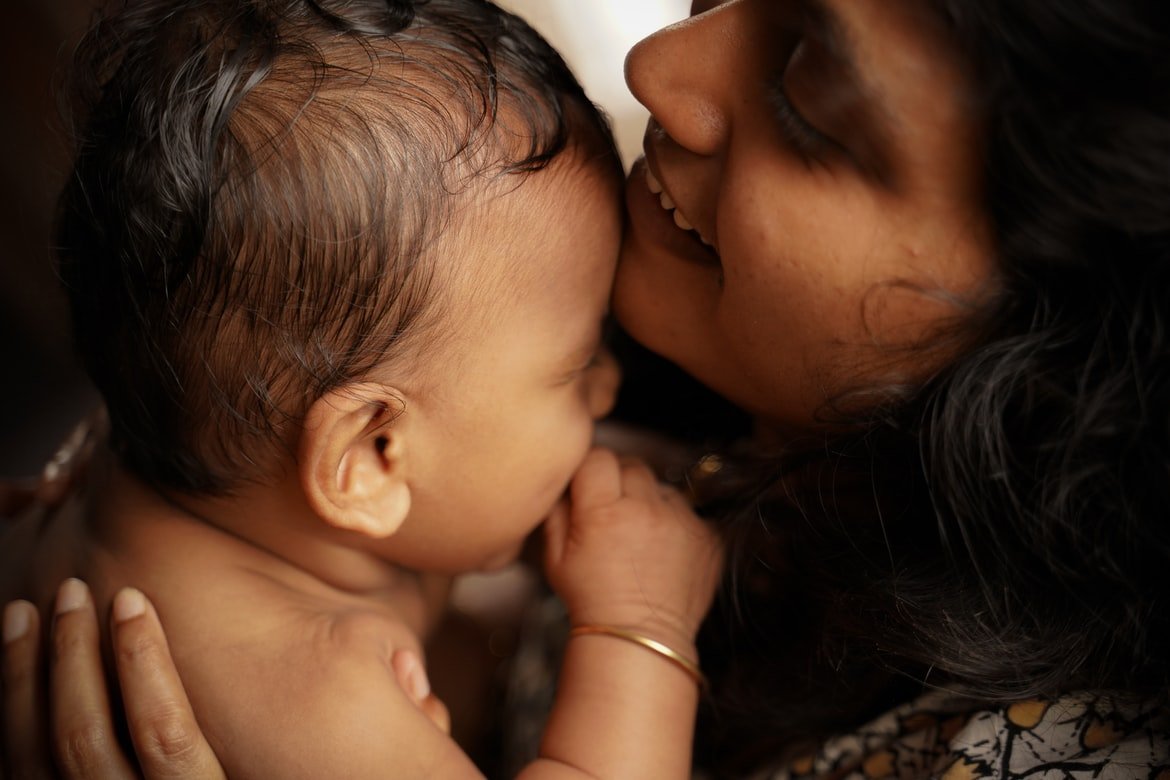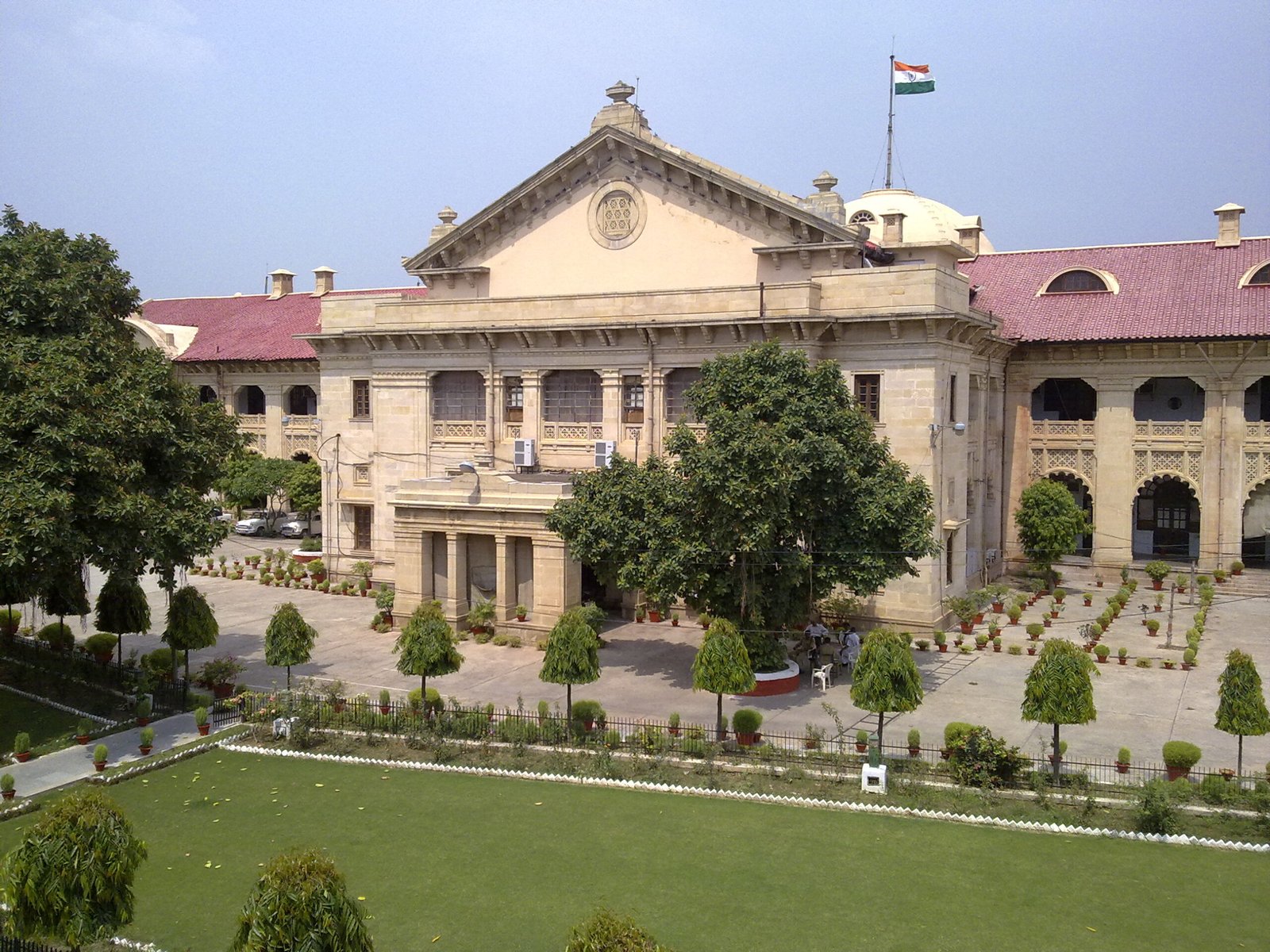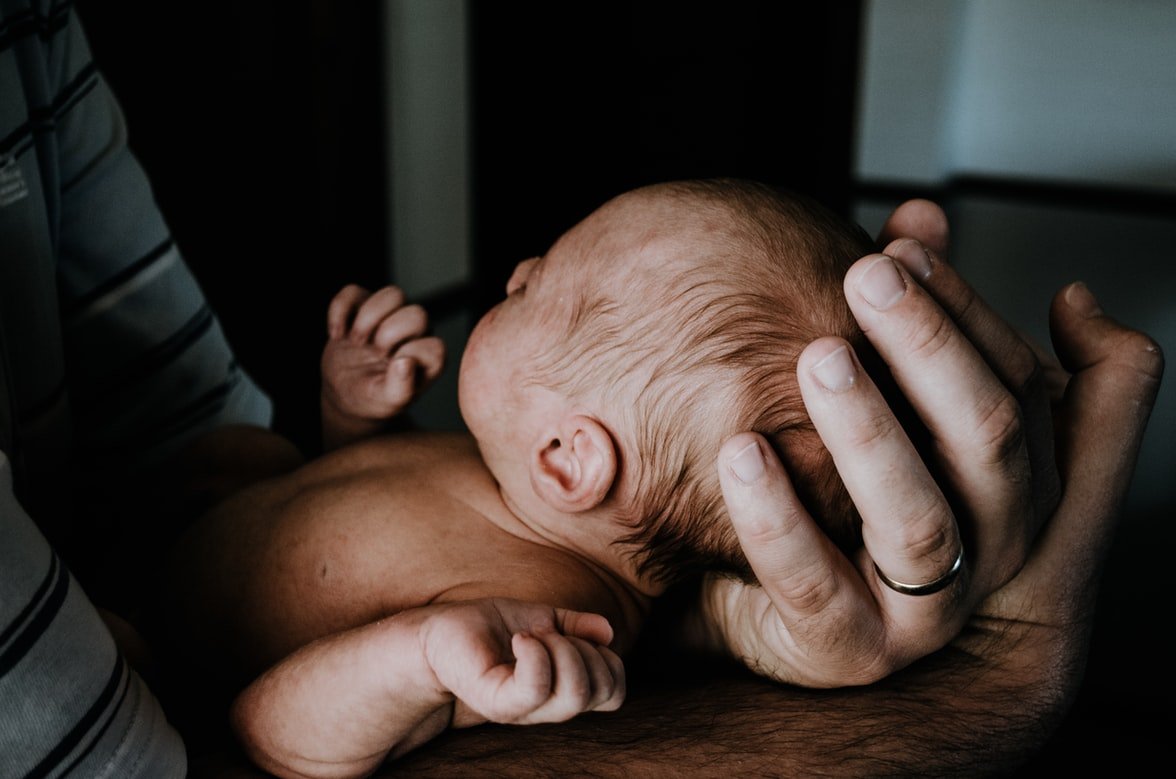The Delhi HC has directed the Ministry of Women and Child Development (WCD) to establish a permanent mechanism with regard to inter-country adoptions under the Hindu Adoptions and Maintenance Act (HAMA), 1956.
A single bench of Justice Pratibha M Singh observed that Hague Conventions, 1993, validates adoptions under HAMA but still asks for a NOC from the central authority in case of inter-country adoption. Currently, CARA, Central Adoption Resource Authority, is the only agency that deals with the abovementioned category of adoption. Nonetheless, a well-laid procedure under it is missing.
It, however, directed CARA to act as the authority intending inter-country adoptions under HAMA until a permanent mechanism is framed. The court also ascertained that the Juvenile Justice (Care and Protection of Children) Amendment Act, 2021, too, doesn’t cover inter-country adoptions.
“The central government would accordingly need to find a permanent solution to the problems being faced by the biological parents, adoptive parents and above all the children who are being adopted under the provisions of HAMA, especially when the said children have to be sent abroad and the requirements under the Hague Convention would have to be fulfilled,” the court said, as quoted by the Deccan Herald.
The secretary of WCD is being directed by the High Court to submit a report in two months detailing the manner and procedure of creating a permanent mechanism for inter-country adoptions under HAMA, keeping security and welfare of children at topmost priority.
The hearing was conducted after a batch of petitions filed by the prospective parents pointing at the difficulties they face in case of inter-country adoptions.
While releasing guidelines, the court directed that in case of such adoption to take place under HAMA and a NOC is required for any purpose, including for issuance of a passport or VISA, a separate committee would be appointed as soon as an application is filed before CARA, to speed up the verification process and confirm the consent of biological parents, specifics of any religious ceremony organised, and adoption action and permission from the receiving country.
It told the CARA to fabricate a specific form and make the requisite changes on its portal mentioning the guidelines in four weeks.





